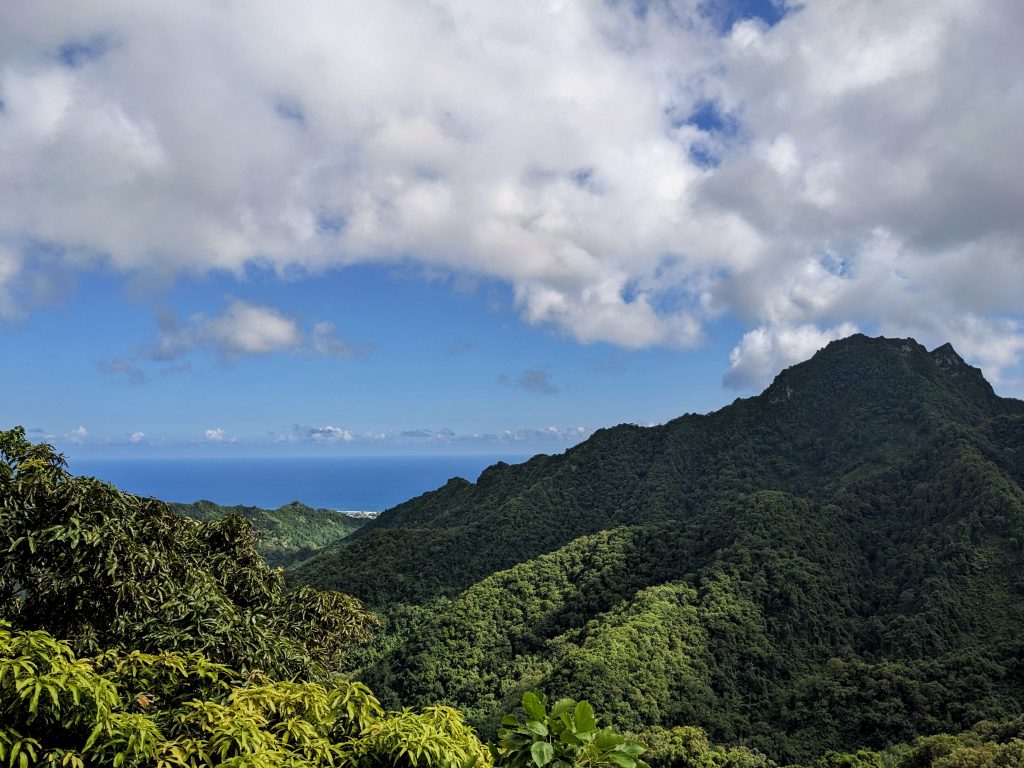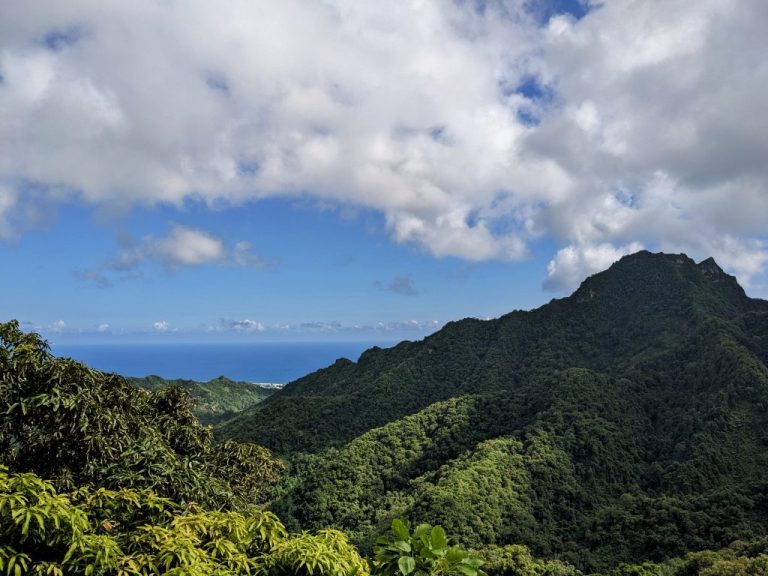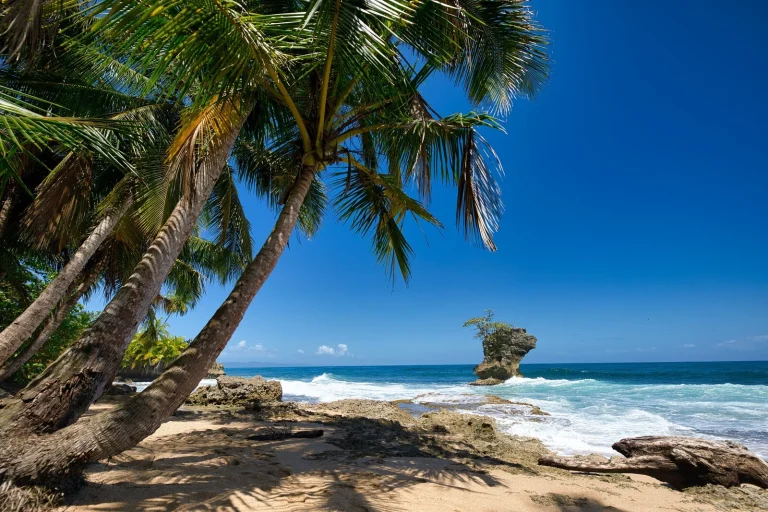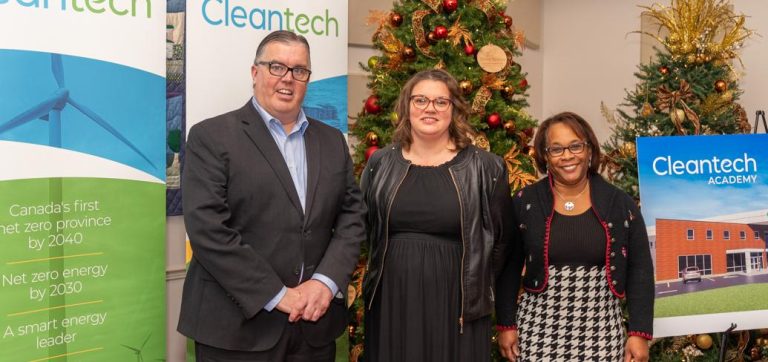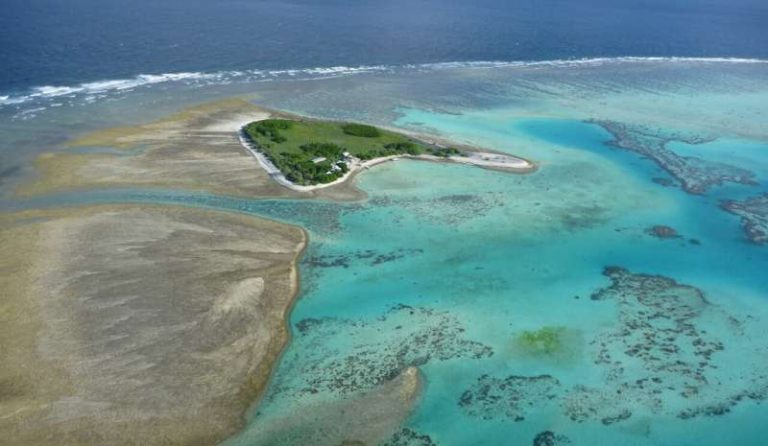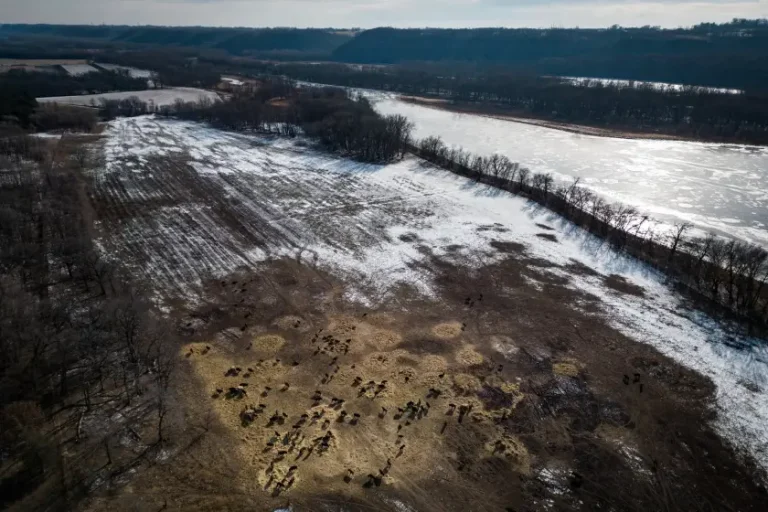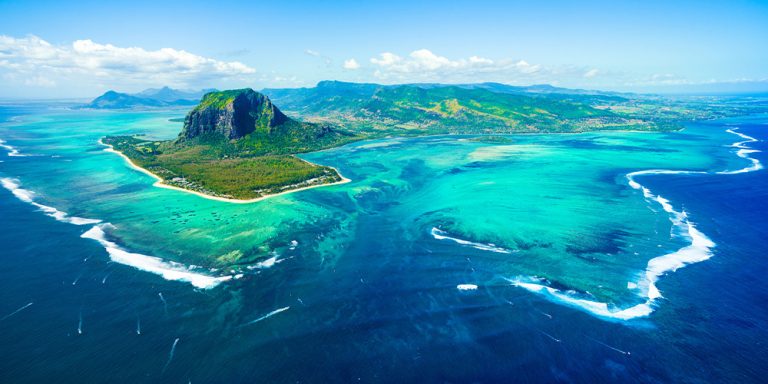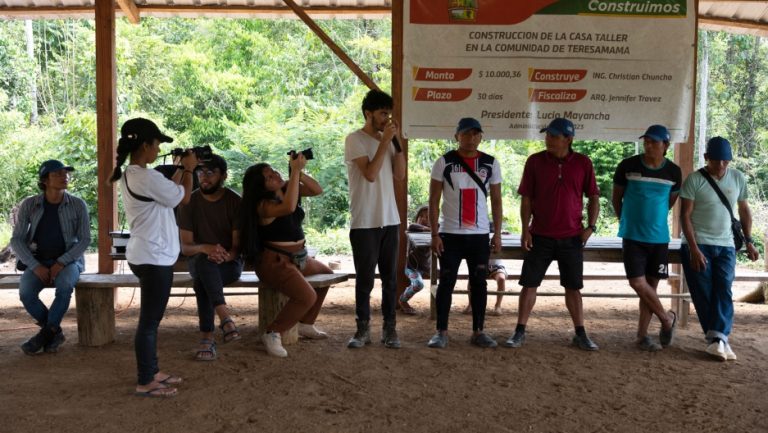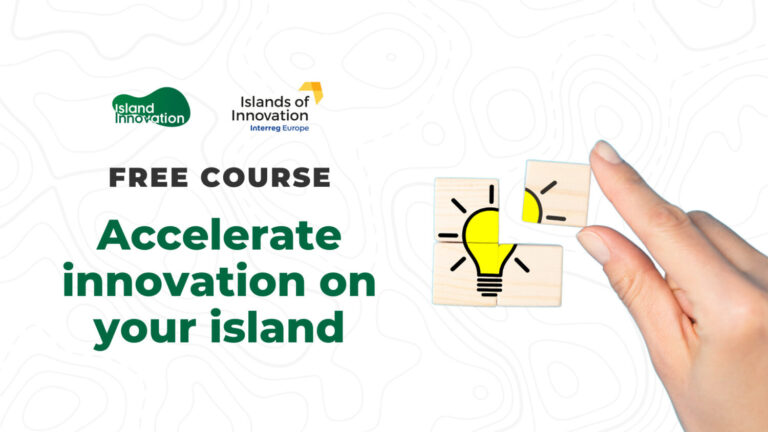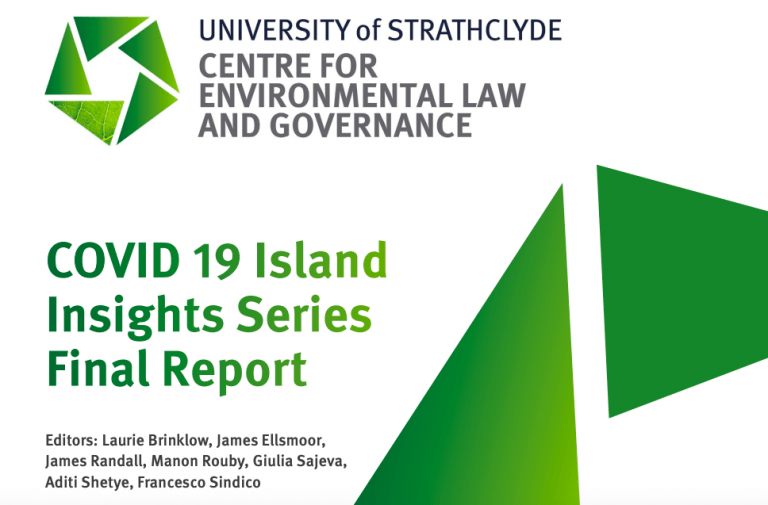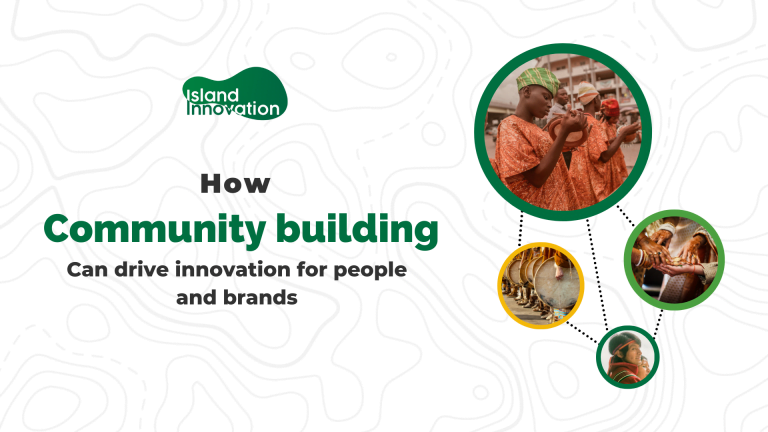Photo: Benjamin Lucas. Retrieved from unep-wcmc.org
Excerpt from unep-wcmc.org
Home to the Rarotonga flycatcher, Cook Islands fruit-dove and coconut crab, the 15 South Pacific islands that comprise the Cook Islands have a rich natural heritage. Around 60 per cent of the nation’s land is still covered by tropical forest, and its lagoons and seas have an abundance of diverse marine life.
To safeguard these unique ecosystems, over the past year the Cook Islands have made strides to recognise Other Effective Area-Based Conservation Measures (OECMs), working with partners including the Secretariat of the Pacific Regional Environment Programme (SPREP) and the UN Environment Programme World Conservation Monitoring Centre (UNEP-WCMC).
OECMs are sites that are outside of protected areas that achieve the long-term effective conservation of biodiversity, even though they may be managed primarily for other reasons. They may encompass diverse approaches including heritage or cultural sites, military reserves, or territories and areas conserved by Indigenous Peoples and local communities. Significant industrial or extractive activity is likely to exclude an area from consideration as an OECM. OECMs are an important tool in reaching Target 3 of the Kunming-Montreal Global Biodiversity Framework (GBF) to protect and conserve 30 per cent of the Earth by 2030. However, with the definition for OECMs only adopted by the world’s governments in 2018, many are yet to be formally identified.
To support the Cook Islands to continue to make progress towards their national targets, UNEP-WCMC has worked closely over the past year with the Cook Islands National Environment Service (NES), Secretariat of the Pacific Regional Environment Programme (SPREP), and IUCN Oceania to deliver an inaugural Cooks Islands workshop and discussion paper on OECMs in the country.

